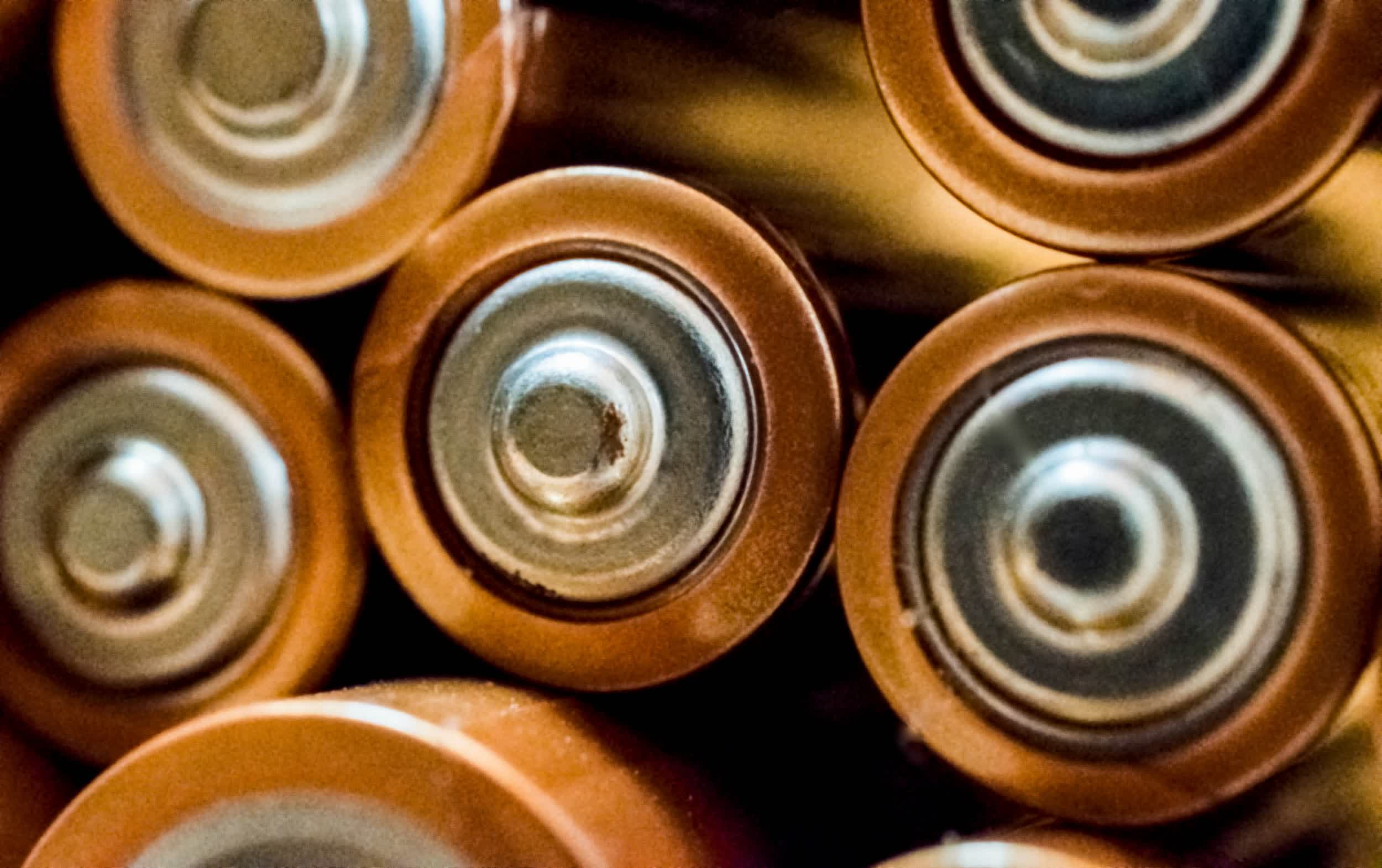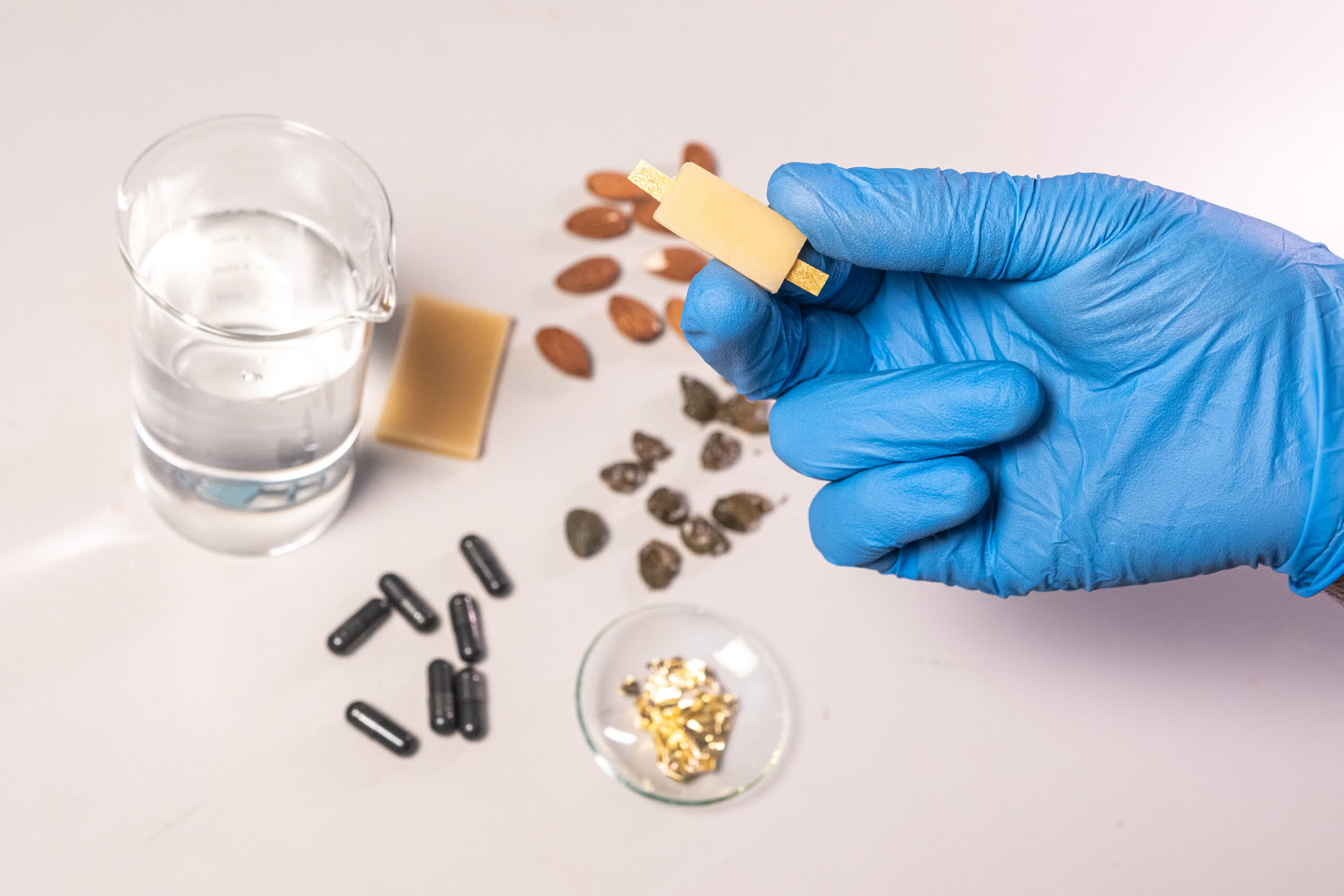The big picture: Researchers at the Italian Institute of Technology (IIT) have created a rechargeable battery that also happens to be fully edible. The hope is that one day, the tech could be used to make medical devices or toys for kids less dangerous.

Development of the ingestible battery was led by Mario Caironi, coordinator of the printed and molecular electronics lab at IIT. The battery cell uses riboflavin (vitamin B2) as an anode and the antioxidant quercetin as its cathode. Nori seaweed (think sushi) serves as the separator to avoid short circuits, and food-grade gold contacts connect to beeswax-encapsulated electrodes. Activated charcoal is also used to boost electrical conductivity.
The proof-of-concept cell runs at 0.65 volts and can supply up to 48 μA for 12 minutes, or a few microamps for over an hour.
A battery that is safe to enter the human body could be used to power small electronic devices for short-run medical procedures. Future revisions with more power and / or longer lifecycles could replace toxic batteries in implanted medical devices or find use in drug-delivery robots.

Edible batteries could arguably be more beneficial in toys for children, or even in electronic pet toys.
According to Connecticut Children's ear, nose, and throat specialist Christopher Grindle, about 2,500 kids swallow a button battery or get one lodged in their ear or nose each year in the US. When swallowed, a chemical reaction can begin within 15 minutes that can cause tissue damage. Life-threatening injuries can set in within two hours.
Expanding on the potential for harm, one of the study's authors told Ars Technica that batteries can damage human tissue in two ways: either through water electrolysis or directly via the toxicity of its materials.
"Water electrolysis is a phenomenon where electricity with a voltage higher than 1.2 V (virtually all commercial batteries) breaks water into oxygen and hydrogen (an explosive gas), and it is very dangerous if it occurs in the stomach," co-author Ivan K. Ilic said.
The edible battery operates way below this 1.2 volt threshold and thus, does not run the risk of causing water electrolysis.
The team's paper on the subject titled, "An Edible Rechargeable Battery," has been published in the Advanced Materials journal.
Image credit: Hilary Halliwell
https://www.techspot.com/news/98643-scientists-cook-up-rechargeable-battery-safe-eat.html